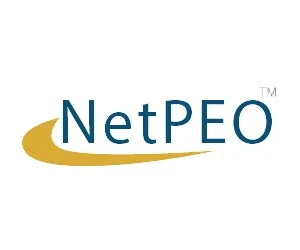As a small company grows, you will eventually be required by law to provide health insurance for your employees. Under current US federal law, this happens when you have 50 employees or more, although many businesses will choose to do it sooner. Either way, once it’s time to get insurance, your company will have two choices: go to an insurance broker, or sign up with a PEO.
(Technically you have a third choice: research insurance policies yourself and try to find the best benefits at the best price. Very few companies do this, however, because it’s both time-intensive and requires expert knowledge of the industry.)
Both the broker and the PEO can help you get lower rates, but they work very differently:
- An insurance broker is just there to help you get the right policy. They will typically work with a large number of insurance providers, and can draw on those networks to find competitive offers for you. They can help you make an informed decision, and may also offer strategic help, long-term support or risk evaluation services. Basically, it’s an insurance industry insider who’s working for you instead of the insurance companies.
- A PEO (professional employer organization) offers a very different arrangement. PEOs actually “co-employ” your employees, becoming their employer of record for the purposes of taxes and insurance. Since PEOs do this with dozens of organizations, you now come to the insurance bargaining table as if you were a company with thousands of workers, and get deep discounts based on that size. This isn’t the only benefit of working with a PEO, but it’s one of the biggest sources of savings.
Which is better, a PEO or an insurance broker?
It depends on your goals, and the size of your organization.
If you are a larger company, a PEO can be valuable but the insurance savings may not be as dramatic as they are for smaller businesses. PEOs can still save you money, but the broker may be able to come close. At that point, it’s a question of whether you want the long-term relationship that a PEO offers, and whether the HR services and other benefits they provide are valuable to your company.
For a smaller company, the insurance saving speak for themselves. If you have, say, less than 100 employees, a broker would have a hard time getting any deal that comes close to the PEO, because the PEO bargains for you as if you are ten times that size. Smaller companies also have a lot to gain from getting professional HR support, compliance management, and other PEO benefits.
There is no one right answer for every company. In general, a good PEO will involve a long-term commitment but deliver more cost savings.
Looking for lower insurance rates? Let NetPEO give you a free consultation to discuss your HR needs. Fill out the form to your right or contact us and get your free consultation today.


